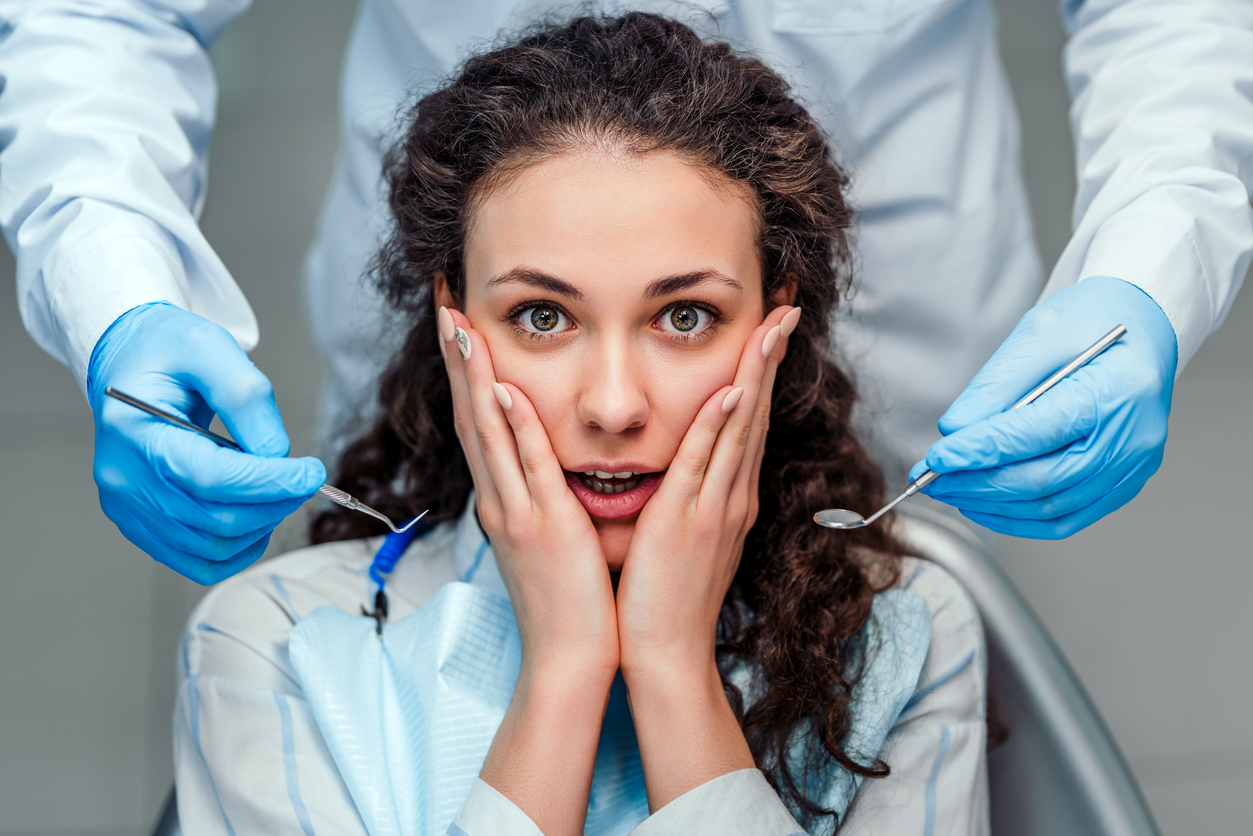Anybody who has slipped and fallen knows how painful it is to have bruised skin. The black and blue welts and internal bleeding are sensitive to the touch and often take a long time to heal. But did you know the same thing can happen to your tooth? At Pearl Dental, we want to help you identify the signs and symptoms of a bruised tooth so you can get preventative treatments as soon as possible. If you have a toothache that just won’t go away, or if you have recently suffered trauma to the teeth, consider making an appointment with our Pomona dentist right away.
Keep reading to find out what a bruised tooth looks and feels like, and how important it is to get treatment right away.
What Causes a Bruised Tooth?
Any tooth that has suffered physical trauma may become bruised. The bruising occurs because the impact has caused the tooth to become injured from the inside out.
Colgate compares it to the bruising of the skin. When you hurt yourself, the capillaries under the skin burst, causing that black and blue discoloration around the injured area. Similarly, your tooth can darken due to damage. Then, it will start to ache.
What are the Symptoms of a Bruised Tooth?
The most common symptoms of bruised teeth include:
- Dark discoloration
- Sensitivity
- Inflammation
- Redness
- Bleeding of the gums
- Toothache or soreness that won’t go away
Although toothaches can happen for a number of different reasons, a toothache that doesn’t go away is a sure sign that your tooth is bruised. This means that it has suffered trauma, and steps should be taken to treat it as quickly as possible.
How Does a Tooth Get Bruised?
According to Healthline, there are many ways you can bruise your teeth aside from physical trauma. Other behaviors and sources of bruised teeth can include:
- Biting your nails
- Having multiple dental procedures
- Lingering tooth infections
- Grinding or clenching your teeth
- Damage from hard foods like candy, kernels, or bones
- Severe sinus allergies
While some types of bruising may not be evident right away, it’s important to take note of your behaviors and habits to find the underlying cause.
How are Bruised Teeth Treated?
There are several different treatment options that our specialists may recommend to best treat your tooth with, but in most cases, it is just a matter of careful monitoring and treating the area gently.
If your tooth is not cracked or broken from the damage, you may just need to lay off of hard foods for a while. But if the pain and symptoms persist, you may want to invest in an over-the-counter pain reliever or a custom treatment prescribed by your dentist.
If your teeth are bruised due to tooth grinding, the best course of action is to ask your specialist about a custom mouthguard. This is a good solution to stopping the constant trauma received by your mouth, as most tooth grinding happens when you sleep. This doesn’t just protect your teeth from damage, but your gums and ligaments as well.
Invest in the Proper Treatment Today and Avoid Bruising Your Teeth!
The best-case scenario for your teeth would be to invest in a course of action that can prevent bruising altogether. But if your teeth are already suffering the symptoms of bruising, there are a number of things our professionals can do to help. At Pearl Dental, we put personalized patient care first. Whether yours is a short-term or long-term solution, our experts will be there with you every step of the way.
To request an appointment, contact us online or give us a call at (909) 344-3543 to speak with a representative. Don’t wait until it’s too late!




